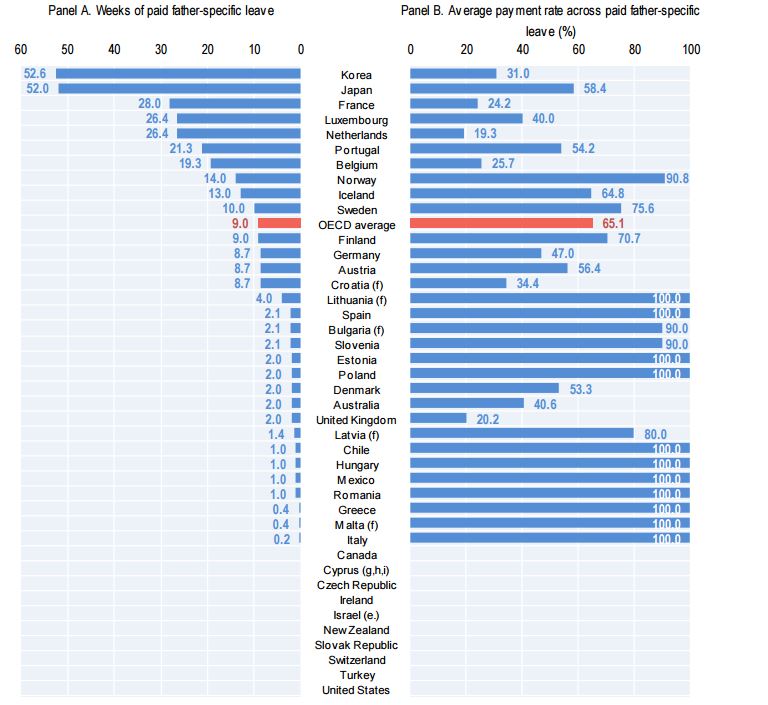Why did only 2% of new fathers in Japan take paternity leave last year?


Get involved with our crowdsourced digital platform to deliver impact at scale
Stay up to date:
Japan
This article is published in collaboration with Quartz.
When 34-year-old Kensuke Miyazaki becomes a father next month, he’s going to take time off from work—becoming the only member of Japanese parliament, ever, to take advantage of his country’s generous paternity leave policy.
“I thought by declaring that I want to take paternity leave as a lawmaker, I could set an example and cause a bit of a stir,” Myazaki, who plans to take one month off, told the BBC.
Miyazaki has been criticized by his colleagues in parliament who say that his upcoming time off will damage his party’s effectiveness, should he miss an important vote. Miyazaki, whose wife, Megumi Kaneko, is also a member of parliament, plans to take one month off after the birth of their child.
To keep up with the Agenda subscribe to our weekly newsletter.
Author: Svati Narula is a reporter for Quartz in New York.
Image: Businessmen walk behind a Japanese national flag at a convention centre in Tokyo. REUTERS/Toru Hanai.
Don't miss any update on this topic
Create a free account and access your personalized content collection with our latest publications and analyses.
License and Republishing
World Economic Forum articles may be republished in accordance with the Creative Commons Attribution-NonCommercial-NoDerivatives 4.0 International Public License, and in accordance with our Terms of Use.
The views expressed in this article are those of the author alone and not the World Economic Forum.
Related topics:
The Agenda Weekly
A weekly update of the most important issues driving the global agenda
You can unsubscribe at any time using the link in our emails. For more details, review our privacy policy.
More on Equity, Diversity and InclusionSee all
Caroline Casey
July 26, 2024
David Elliott
July 18, 2024
Tarini Fernando and Nadia Shamsad
July 18, 2024
Aru Bhat and Sofia Eckrich
July 17, 2024








